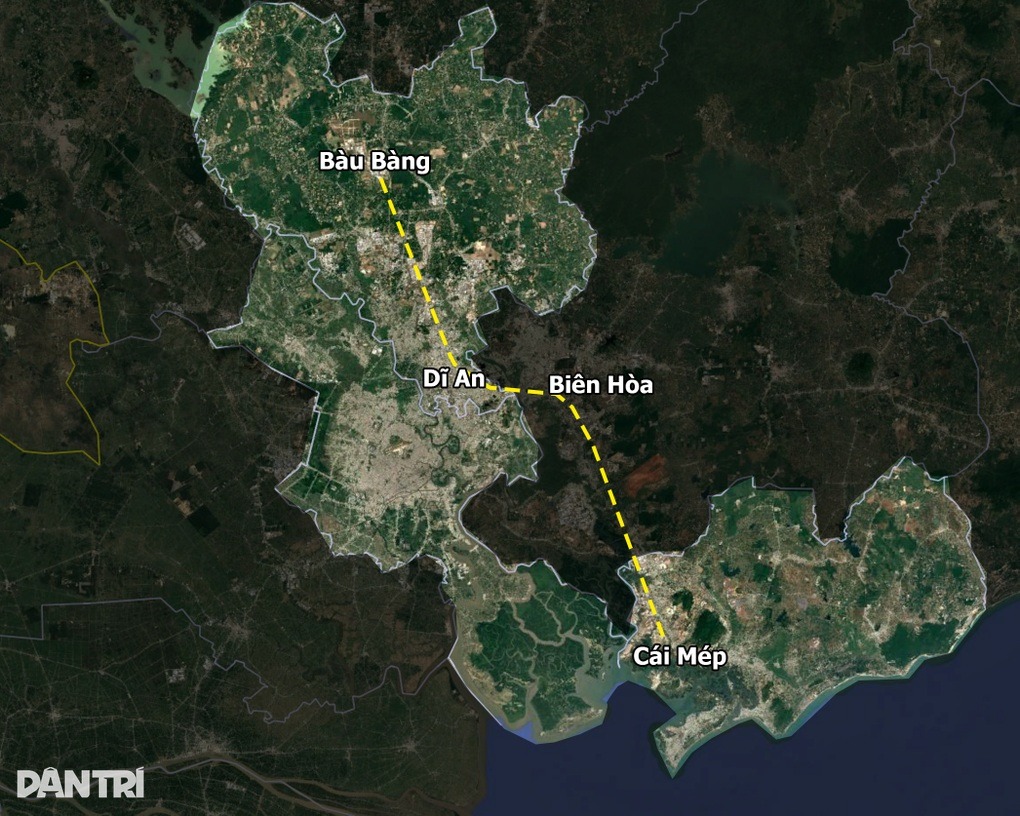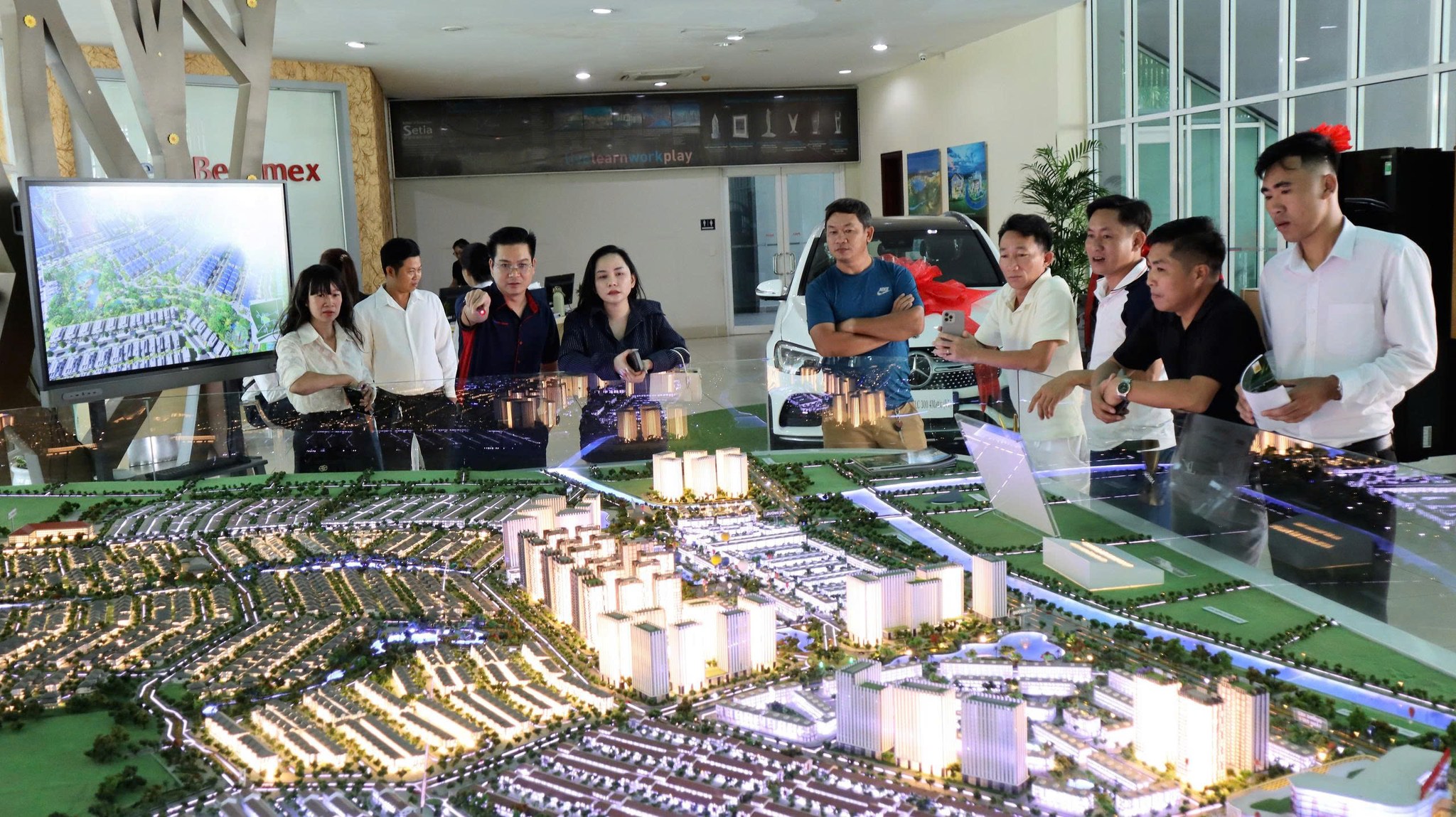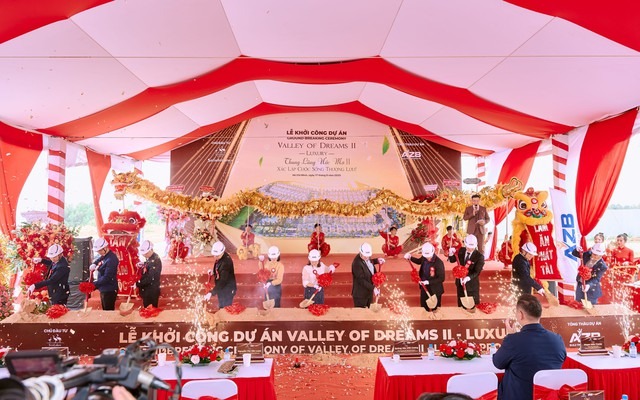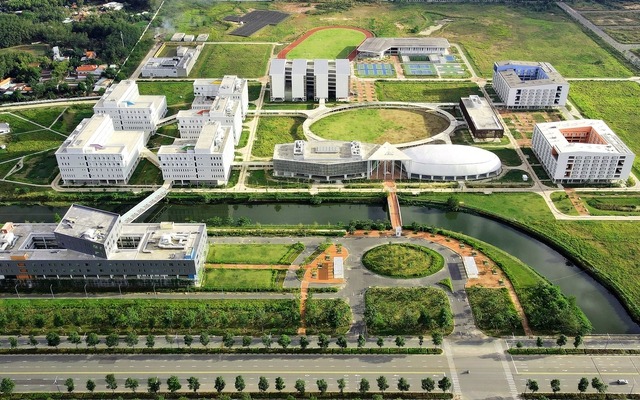Real Estate in Focus: 10 Urgent Directives from the Prime Minister
At a working session between the Standing Government and ministries, sectors, associations, banks, and businesses, Prime Minister Phạm Minh Chính issued 10 urgent directives to address challenges in Vietnam’s real estate market.
At the meeting, delegates assessed that real estate supply remains limited, with a mismatch in market segments. The implementation of social housing is slow, and many real estate projects face legal bottlenecks related to land, investment, bidding, auctions, and construction procedures. There are also difficulties related to land valuation regulations, project implementation procedures, and land-use rights auctions in some localities.
Nationwide, about 788 real estate projects are encountering legal and procedural obstacles related to land, investment, planning, construction, housing, bidding, capital sources, and compliance with inspection conclusions. Although efforts are being made to resolve these issues, many remain under the jurisdiction of local authorities.
After reviewing the government’s and ministries’ efforts and identifying ongoing problems, Prime Minister Phạm Minh Chính set out 10 directives as follows:
1. Streamline Administration and Decentralization
Strictly implement decentralization according to the two-tier local government model. Eliminate unnecessary administrative procedures, revoke outdated standards and regulations, and develop practical, effective housing policies for homebuyers.
2. Legal & Land Clearance Reforms
Study suitable land clearance solutions, emphasizing the role of local governments. Review projects with legal issues, propose tailored mechanisms for resolution, and plan real estate development appropriately—allocating prime land for long-term commercial services and reserving less favorable areas for housing.
3. Revamp Construction Procedures
Instruct the Ministry of Construction to coordinate with localities to review and remove obstacles to project implementation. Integrate real estate investment procedures into a single regulation. Quickly develop a housing database linked to the national population database.
Also, consider establishing government-managed property and land transaction centers. Urgently draft government resolutions and decrees following the National Assembly’s policies. Propose infrastructure support regulations, especially for social housing, and promote diversified, sustainable real estate types aligned with development trends.
4. Review Land Regulations and Valuation
The Ministry of Natural Resources and Environment and the Ministry of Finance must review land-related laws and land pricing procedures. Provinces must update land price frameworks, enhance deposit levels in land auctions, and strictly address price manipulation.
The Ministry of Public Security is to take immediate action against market manipulation. Stronger regulations for land auctions must be introduced to deter abuse.
5. Property Taxation and Transparency
The Ministry of Finance must develop taxation policies on unused land and property, land price gaps, and suspicious transactions. Ensure transparency and digital transformation in all real estate procedures. Launch the National Housing Development Fund by June 2025.
6. Expand Credit Access and Risk Management
The State Bank of Vietnam must direct commercial banks to simplify loan procedures, encourage housing credit growth, and join the VND 120 trillion lending package. Strengthen supervision to prevent price manipulation and speculative practices.
7. Strengthen Compliance and Fire Safety
The Ministry of Public Security must audit projects showing signs of violations—initially applying economic remedies. Fire and rescue agencies should adopt high-tech solutions to reduce fire risks and public safety costs.
8. Boost Local Transparency and Project Support
Local governments must publicize real estate information to prevent scams, expedite administrative procedures, eliminate investment approval barriers, and coordinate with ministries to develop resort real estate. Prioritize clean land for social housing and work toward social housing targets. Accelerate digital land and housing data development.
9. Restructure Projects and Lower Prices
Real estate businesses should proactively restructure project portfolios to meet social needs. Comply with regulations, cut costs, and reduce home prices based on balanced interests and risk-sharing. Accelerate legal processes to launch more projects and increase supply.
10. Foster Responsibility and Sustainability
All stakeholders must demonstrate responsibility and patriotism to build a healthy, sustainable, long-term real estate market. Ensure equal housing access for citizens and contribute to improving their material and spiritual well-being.


 0907572255
0907572255 













